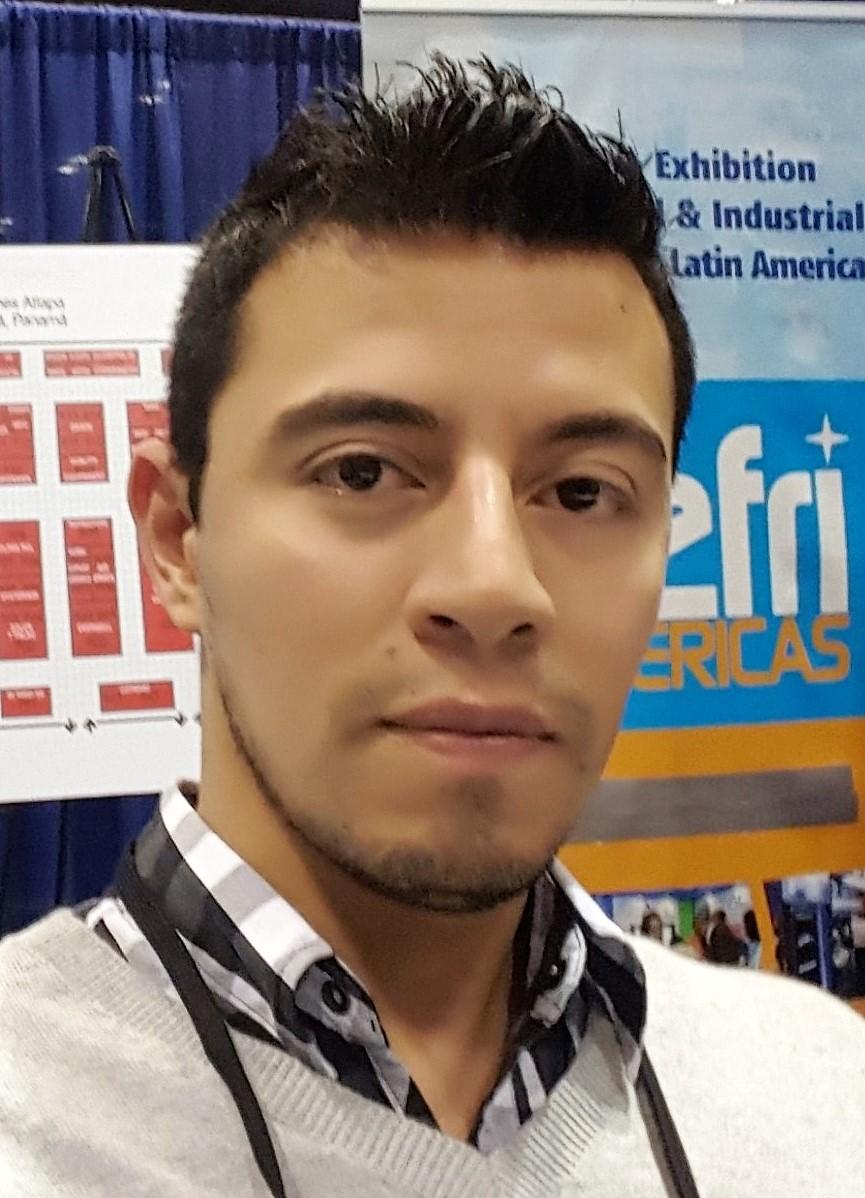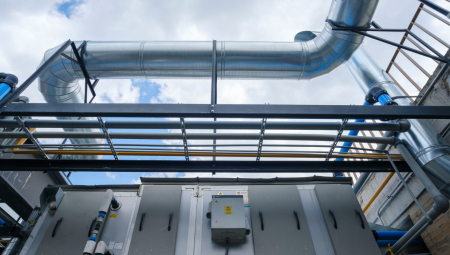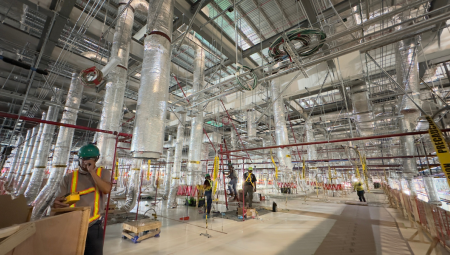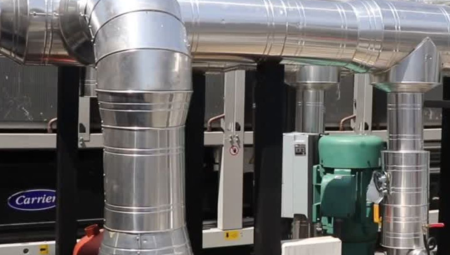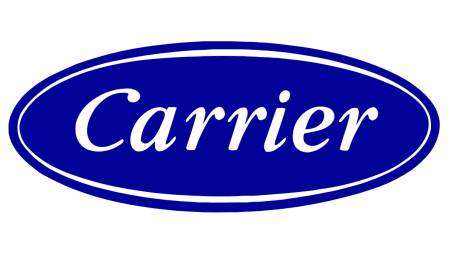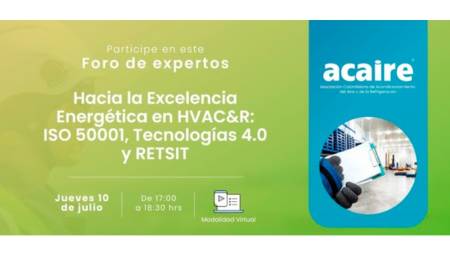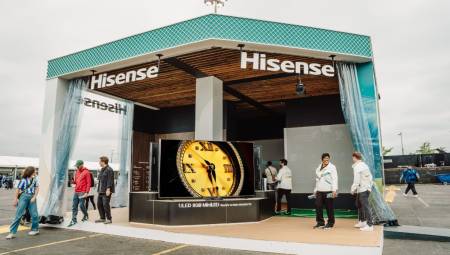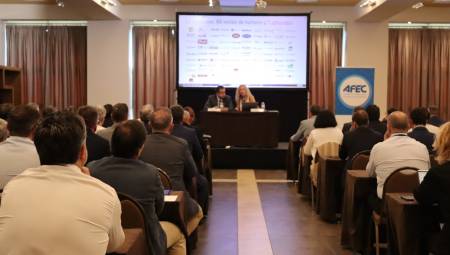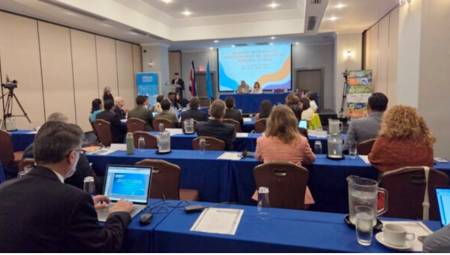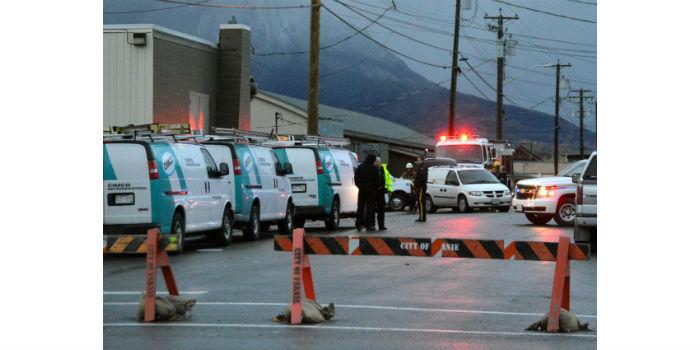 International. On October 17, 2017, there was an ammonia throw at Canada's Fernie Memorial Arena that tragically resulted in three deaths, as well as the evacuation of 95 residents from 55 nearby homes.
International. On October 17, 2017, there was an ammonia throw at Canada's Fernie Memorial Arena that tragically resulted in three deaths, as well as the evacuation of 95 residents from 55 nearby homes.
On July 25, Technical Safety BC (an independent, self-funded organization that oversees the safe installation and operation of technical systems and equipment in Vancouver), held a press conference and released its Research Report on the release of ammonia.
The report provides an overview of the incident, the scope of the investigation, and key findings regarding contributing factors. Technical Safety BC also made 18 recommendations to further improve safety in ice rink cooling systems, and discussed a number of regulatory measures taken in recent months to prevent similar incidents.
The Fernie incident is believed to be the first of its kind, in which a leak of ammonia to a secondary refrigerant, in this case brine, led to pressurization in a pipe that caused the separation of the pipe coupling and a rapid release of ammonia into a closed room.
"Our report focuses on understanding the factors that led to the incident and providing recommendations to improve safety and prevent a similar tragedy," said Janice Lee, director of safety oversight at Technical Safety BC. "Since the incident occurred last year, Technical Safety BC has taken decisive action to improve the safety of ammonia refrigeration facilities in the province. We issued a province-wide safety order requiring all publicly occupied ammonia refrigeration plants, including sands, to test for ammonia leaks and shut down the system if necessary. All 185 facilities in British Columbia have met the obligation and meet the requirements."
The incident report is based on evidence presented and available at the time of the investigation, which took place between October 2017 and June 2018. The investigation explored pre- and post-incident factors that may have contributed to the ammonia leak at memorial Fernie Arena. Technical Safety BC analyzed the equipment and its condition, and reviewed inspection reports and system test results. The team also examined relevant operational and organizational decisions that may have contributed to the incident, and inspected and tested the alarm, ventilation and discharge systems.
The research identified three areas where evidence indicates contributing factors that led to the incident and the impact to the sand and surrounding community:
- Failure of refrigeration system equipment;
- Operational decisions that contributed to the incident; and
- Impact of inadequate ventilation and discharge systems after the incident.
- Based on the findings of the investigation, the incident resulted from practices that were common in the industry at the time.
"It is imperative that the industry and owners of refrigeration systems learn several lessons from this incident, but two in particular stand out," said Jeff Coleman, Director of Risk and Safety Knowledge with Technical Safety BC and leader of the research team. "First, maintenance programs for refrigeration systems should address and alleviate the risks posed by obsolete equipment. And second, even very small refrigerant leaks can indicate extremely dangerous situations."
Technical Safety BC has made 18 recommendations to prevent the recurrence of these types of incidents and improve safety in ice rink cooling systems throughout BC. These recommendations seek improvements to:
- owner's maintenance programs, especially in relation to aging equipment;
- identification of leakage hazards and professional disclosure of such hazards;
- training of representatives of owners, operators and mechanics; and
- configuration and construction of the secondary refrigerant system.
The full report can be viewed below:
https://www.technicalsafetybc.ca/fernieincident
Image: www.thefreepress.ca


